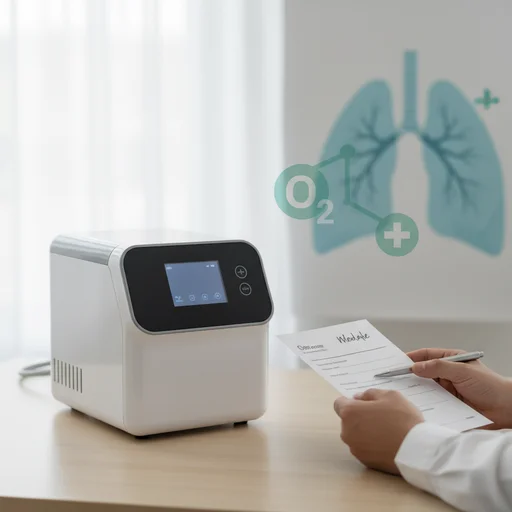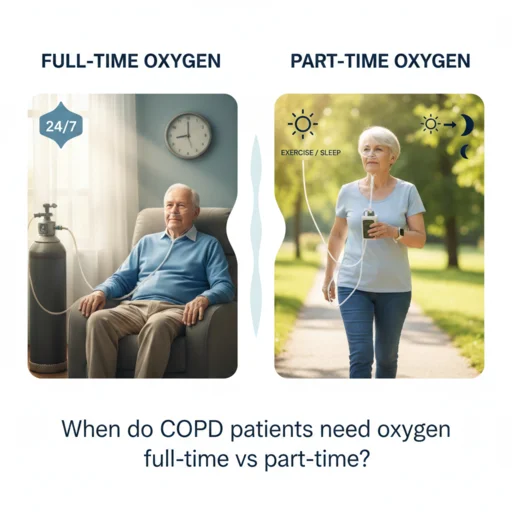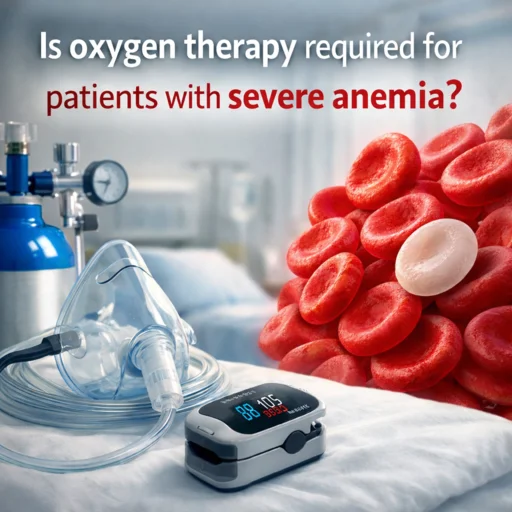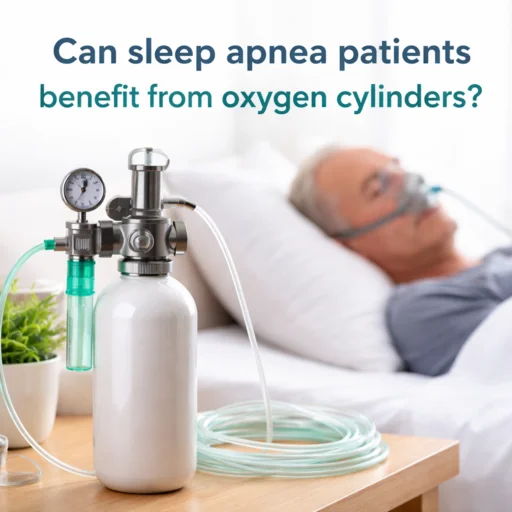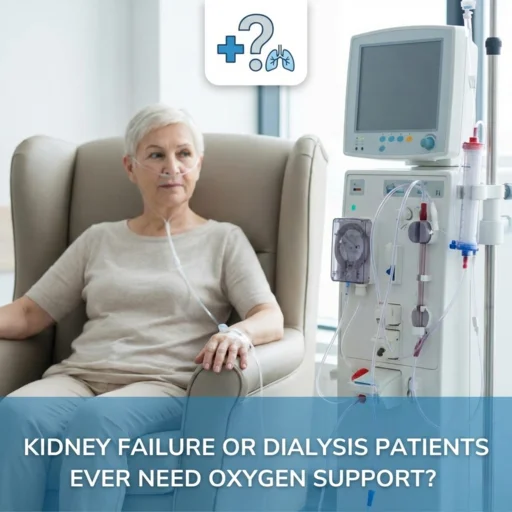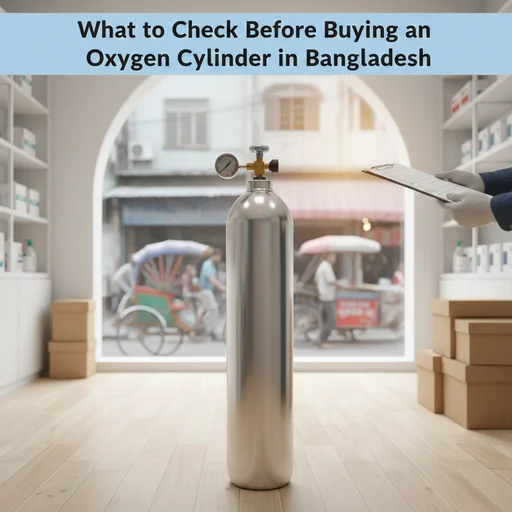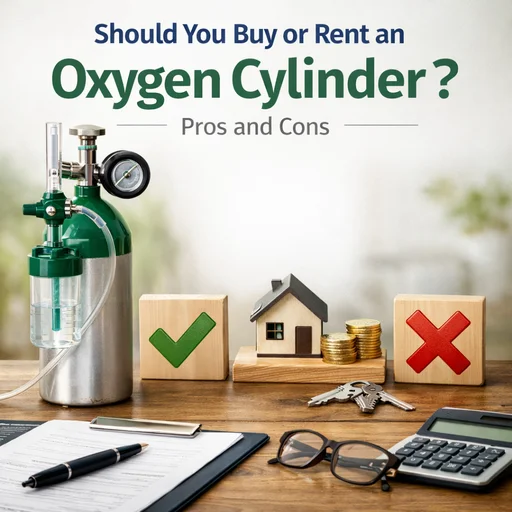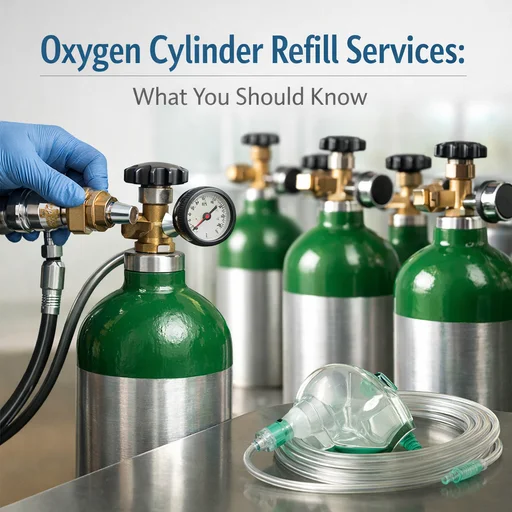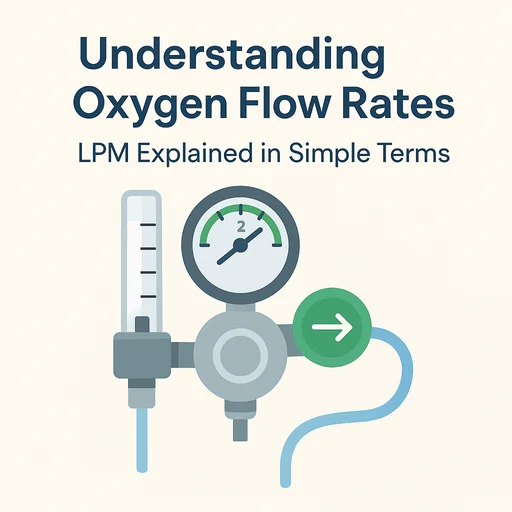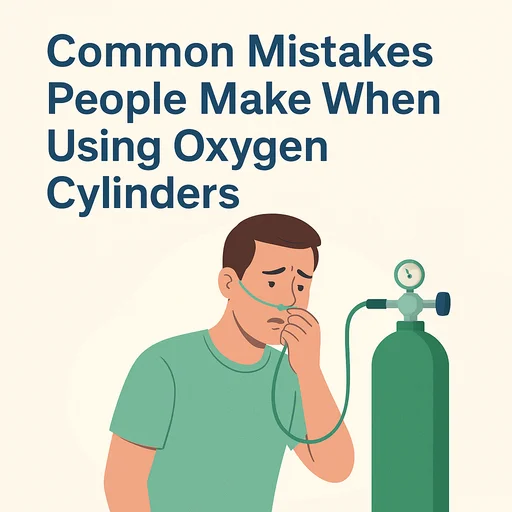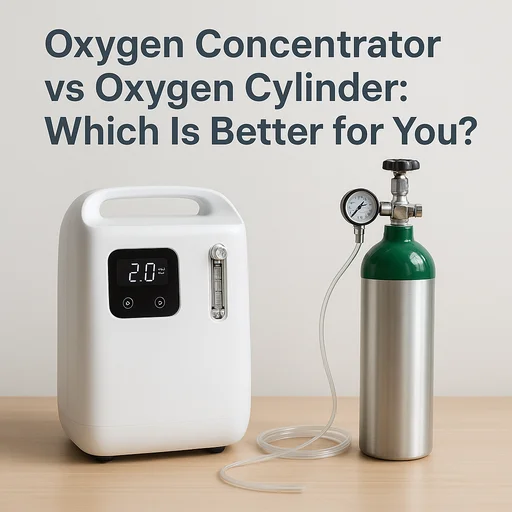You walk into a pharmacy. Pick up antibiotics without showing a prescription? Not happening. Buy cough syrup with codeine? Same story. However, when it comes to oxygen concentrators, people often wonder why the rules apply here as well.
Here’s the thing. Medical-grade oxygen is classified as a drug by the FDA, which means a valid prescription is required before purchasing an oxygen concentrator. This isn’t red tape for the sake of it. It’s about keeping you safe.
The Legal Framework Behind Oxygen Prescriptions
The U.S. Food and Drug Administration requires a prescription for oxygen concentrators to ensure that proper care has been taken in selling a machine that is appropriate for your needs. Federal law doesn’t mess around with this. Federal law requires that the sale or rental of medical-grade oxygen equipment be done only with a valid prescription.
Think about what oxygen actually does in your body. Too little, and your organs don’t receive what they need to function correctly. Too much oxygen can lead to oxygen toxicity with symptoms of coughing, difficulty breathing, or possibly lung damage. This balance matters more than most people realize.
In Bangladesh, healthcare providers follow similar guidelines. Supplemental oxygen is categorized as a medical treatment prescribed by a doctor, who should specify the oxygen flow rate and the duration of use. At Marium Oxygen, we’re committed to following these standards because your safety is our top priority.
Why Your Doctor’s Assessment Matters
Your prescription isn’t just a formality. It’s the result of specific medical testing.
Patients typically undergo pulse oximetry to determine if blood oxygen saturation is below a certain threshold without supplemental oxygen, and arterial blood gas tests may be performed in some instances. These tests give your doctor the data they need to write an accurate prescription.
Here’s what goes into that prescription:
- Your specific oxygen flow rate (measured in liters per minute)
- How long you need to use oxygen each day
- Whether you need continuous flow or pulse dose delivery
- Any special considerations for activity or sleep
Your doctor will also consider your overall health, lifestyle, and needs to complete your activities of daily living when writing your oxygen prescription. Two people with the same diagnosis might need completely different oxygen therapy plans.
The Real Dangers of Using Oxygen Without Medical Guidance
Let’s talk about what can go wrong.
Using a concentrator without a prescription or your doctor’s guidance could lead to dangerous health problems, like getting too little oxygen or getting lung damage from too much oxygen. Neither situation is something you want to risk.
Using an oxygen concentrator without a prescription can result in serious health concerns such as oxygen toxicity caused by obtaining an excessive amount of oxygen. It may result in a delay in the treatment of potentially life-threatening disorders.
Then there’s the fire risk. The primary safety concern with oxygen concentrators is the risk of fire, as oxygen can cause an explosion when it comes into contact with a flame or accelerate the burning of a fire. Knowing the proper safety protocols isn’t optional. It’s critical.
What About Non-Prescription Oxygen Concentrators?
You’ve probably seen them online. Devices are sold without requiring a prescription. Here’s the reality: Most fake oxygen concentrators don’t contain anything worth paying for, with the majority containing only a regular fan.
When you buy oxygen concentrators from an authorized distributor, the products have been tested and quality checked by the FDA to ensure the safety of the people who use them, while black-market oxygen concentrators have no obligation to keep you safe.
Some devices marketed as “wellness” concentrators claim they don’t need prescriptions because they’re not medical-grade. These do not need a prescription as they are not intended to treat or manage specific medical conditions and do not produce medical-grade oxygen. However, if you have a genuine medical need for oxygen therapy, these devices will not suffice.
How the Prescription Process Works
Getting your oxygen prescription isn’t complicated, but it does require a proper medical evaluation.
Your doctor will:
- Review your medical history and symptoms
- Conduct oxygen level testing (pulse oximetry and possibly arterial blood gas analysis)
- Assess your daily activity level and lifestyle needs
- Determine the appropriate flow rate and delivery method
- Write a prescription specifying all necessary details
Once your doctor has taken measurements related to blood oxygenation, they can prescribe your oxygen requirements. From there, trained oxygen specialists can help you select the right concentrator that fits your medical needs and lifestyle.
If you’re looking for a reliable supplier in Dhaka, Marium Oxygen offers government-approved oxygen solutions, backed by 24/7 customer support and free delivery within 60 minutes in Dhaka city. We work with valid prescriptions to ensure you receive the correct equipment tailored to your specific medical needs.
Insurance Coverage and Prescriptions
Want your insurance to help cover the cost of your oxygen concentrator? You’ll need that prescription.
Medicare Part B covers portable oxygen concentrators when medically necessary, with documentation showing mobility requirements, lifestyle factors requiring portability, and a physician’s prescription specifically for portable equipment based on your activity level and oxygen needs.
After meeting your Part B deductible, you’ll pay 20% of the monthly rental fee, with typical out-of-pocket costs ranging from $30 to $80 per month, depending on the model. Without a prescription, insurance won’t cover anything.
The Bottom Line on Oxygen Safety
Misusing an oxygen concentrator can lead to severe consequences, and using the device without a prescription or at an incorrect flow rate may result in oxygen toxicity, damaging the lungs.
Your prescription does three essential things:
- Confirms you actually need supplemental oxygen
- Specifies the exact amount and timing that’s safe for you
- Provides legal documentation that allows you to purchase medical-grade equipment
Whether you need a stationary concentrator for home use, a portable unit for mobility, or other medical equipment like a CPAP machine or hospital bed, working with licensed providers ensures you get genuine, safe equipment.
At Marium Oxygen, we understand that needing oxygen therapy can feel overwhelming. That’s why we offer expert guidance, proper installation support, and ongoing customer service. We sell, rent, and refill oxygen cylinders, ensuring all necessary documentation and safety protocols are in place.
If you’re experiencing breathing difficulties or your doctor has mentioned oxygen therapy, don’t wait. Get a proper medical evaluation, obtain your prescription, and work with authorized suppliers who prioritize your health.
Because when it comes to breathing, there’s no room for shortcuts.

